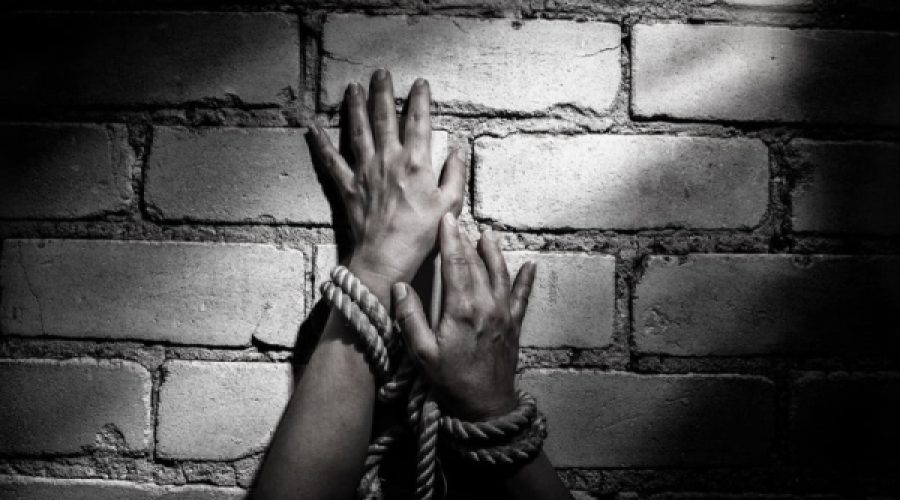Oman’s New Law on Prostitution and Forced Labour: Key Business Implications for Investors and Entrepreneurs
The Royal Decree 78/2025, which promulgates the Law on Combating Human Trafficking, was issued last week and published in the Official Gazette on Sunday. This new law repeals the previous Law on Combating Human Trafficking issued under Royal Decree 126/2008, along with any provisions that conflict with or contradict the updated legislation.
According to Article 1, human trafficking encompasses the unlawful exploitation of individuals through various means including prostitution, sexual exploitation, slavery and practices similar to slavery, domestic servitude, forced labor, forced begging, illegal removal of human organs and tissues for trafficking, and conducting biomedical research on persons without consent.
Key definitions under the law include:
- Sexual Exploitation: The use of one or more persons for sexual activities by unlawful means such as coercion, deception, or exploitation of vulnerability to gain material or non-material benefits.
- Slavery: Treating a person as property with ownership rights exercised over them.
- Forced Labor: Compelling a person to work or provide services without pay or under threat of penalty.
Article 17 sets the penalties for human trafficking offenses at imprisonment ranging from three to ten years, along with fines between RO 5,000 and RO 100,000.
More severe penalties are outlined in Article 18 for aggravated circumstances, including cases involving children, persons lacking full capacity, disabled individuals, victims suffering serious physical or psychological harm, multiple victims, use of weapons, or if the perpetrator holds a position of authority or is part of an organized criminal group. Penalties in these cases range from seven to fifteen years’ imprisonment and fines from RO 10,000 up to RO 100,000.
Article 19 criminalizes the use of force, threats, or inducements to prevent or influence testimony or evidence related to human trafficking, with punishments from three to five years’ imprisonment.
Article 20 addresses failure to report knowledge of human trafficking offenses, concealment of offenders or proceeds, and knowingly benefiting from the exploitation, prescribing imprisonment from six months to three years and fines between RO 300 and RO 1,000. Penalties double when the victim is a child or legally incapacitated.
Publication of victims’ or witnesses’ identities is prohibited under Article 21, with penalties including imprisonment up to one year and fines between RO 500 and RO 1,000.
Confiscation or destruction of victims’ passports to coerce them into trafficking acts is punishable as per Article 22, with imprisonment from 10 days to one year and fines ranging from RO 100 to RO 300.
Article 23 holds legal entities accountable if a trafficking crime is committed on their behalf, imposing fines from RO 10,000 to RO 100,000, and granting courts the authority to dissolve or suspend such entities.
Attempted trafficking is punishable under Article 24 with the same penalties as completed offenses. Repeat offenders face increased sentences under Article 25.
Confiscation of assets related to trafficking crimes is mandated in Article 26, including funds, property, and proceeds, even if converted or transferred, except where third parties act in good faith.
Convictions cannot result in suspended sentences or reduced minimum penalties as per Article 27. The Public Prosecution may authorize the sale of confiscated assets, with proceeds going to the public treasury (Article 28).
Perpetrators who provide early information to authorities that prevents or limits the commission of trafficking crimes may be exempted or receive reduced penalties under Article 29.
The law also defines the role of the National Committee to Combat Human Trafficking (NCCHT), affiliated with the Ministry of Foreign Affairs, in Article 3. The committee is tasked with developing action plans, coordinating with national and international bodies, maintaining databases on trafficking, developing victim care and rehabilitation programs, conducting research, organizing awareness campaigns, proposing border and transportation controls, training enforcement personnel, and preparing regular reports with recommendations to the Council of Ministers.
This comprehensive new legislation represents Oman’s strengthened commitment to combating human trafficking and safeguarding the rights and dignity of victims.
Special Analysis by Omanet | Navigate Oman’s Market
The enactment of Oman’s new Law on Combating Human Trafficking (Royal Decree 78/2025) signals a strengthened regulatory environment with stringent penalties and enhanced enforcement mechanisms, posing significant compliance requirements for businesses, especially those in sectors vulnerable to exploitation. Smart investors and entrepreneurs should proactively align with this law by implementing robust ethical labor practices and transparency measures to mitigate legal risks and reputational damage. Additionally, the establishment of the National Committee to Combat Human Trafficking presents opportunities for collaboration in developing rehabilitation programs and awareness initiatives that support sustainable, socially responsible business models.



